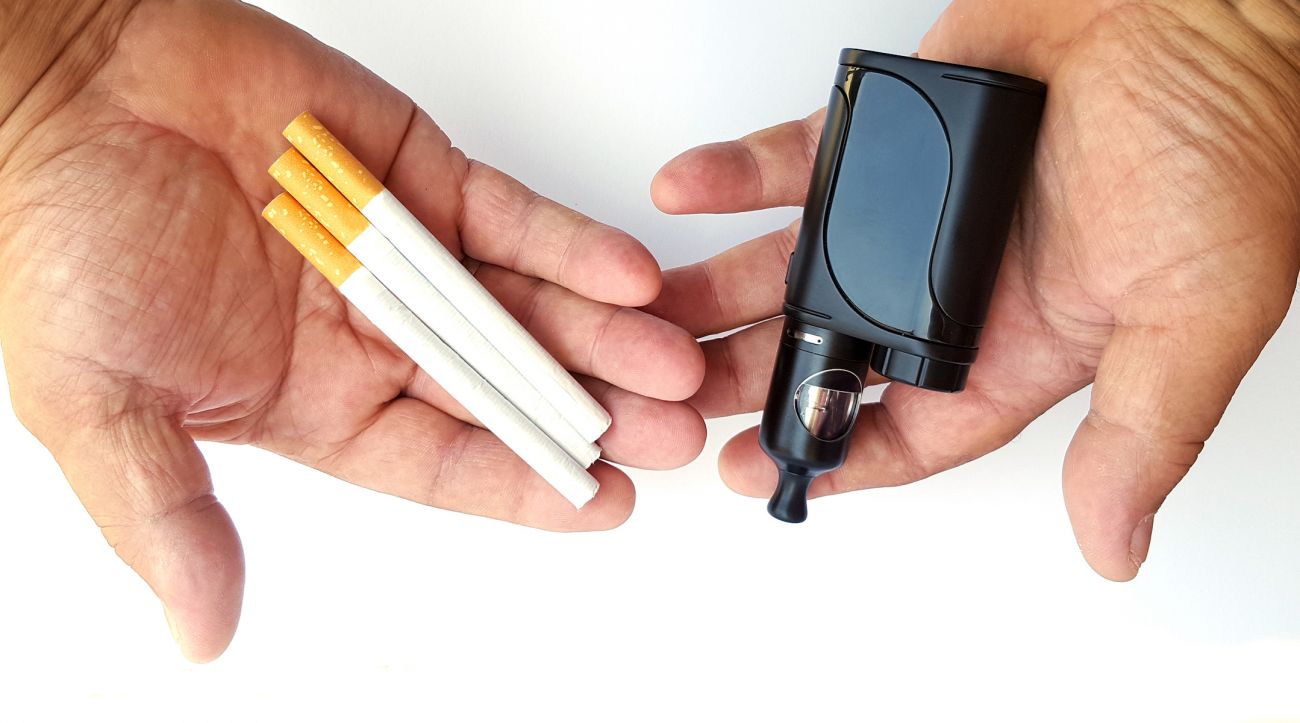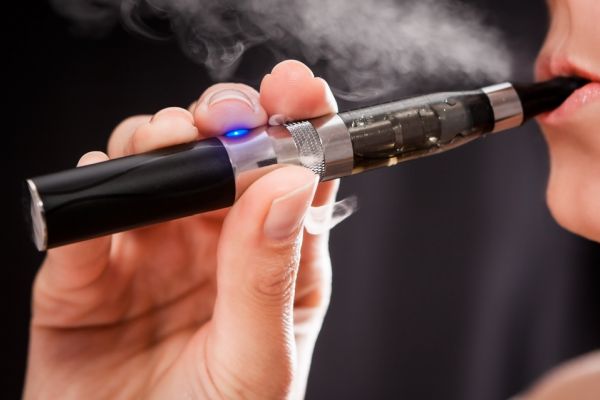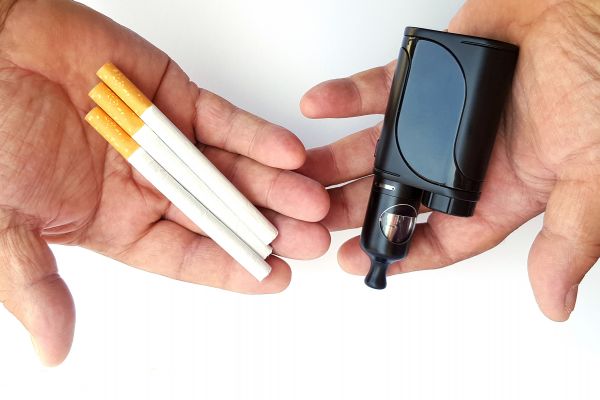In late April, the federal Food and Drug Administration (FDA) proposed a ban on flavored tobacco products, specifically targeting cigarettes containing menthol and all types of flavored cigars. It’s a move the government promised to make several years ago but now the two-year rule making process is started.
Among the key reasons why the FDA is looking to take this action is the renewed emphasis on reducing the number of deaths linked to tobacco use. Flavors, including menthol, are appealing and attractive to young people to use tobacco. Several cancers, including lung cancer, are still predominantly linked to smoking and tobacco use. Younger smokers who begin their tobacco use often start with a flavored product, including menthol cigarettes and other flavored cigars.
The announcement earned the support of the National Alliance for Hispanic Health. “The evidence is clear — a ban on menthol will save lives. For far too long, the tobacco industry has targeted Hispanics, women, youth and other communities,” says Jane L. Delagado, PhD, MS, the organization’s president and CEO. “FDA must also eliminate menthol in [all] e-cigarettes or else the tobacco industry will follow its playbook as it did following the 2020 FDA restrictions on flavored e-cigarettes that exempted menthol. The response was to double menthol e-cigarettes email ads,” she says.
Similarly, the NAACP “strongly encourages” the FDA to complete this change. “It is well established and documented that one of the leading causes of death for African Americans is tobacco-related chronic illness. The FDA should exercise its authority to regulate these addictive products that lead to disease and death, specifically as related to the health of African Americans.”
NYS Smokers Quitline
Whether you are thinking about quitting or ready to quit tobacco all together, we can help.
Learn moreHistorically, mentholated tobacco products have always been more heavily marketed in minority communities. Starting in the 1950s, the tobacco industry invested millions of dollars in advertising menthol cigarettes in Black and Hispanic communities, not only through billboards and printed materials, but by sponsoring music festivals, offering paid endorsements to popular musicians, even offering free sampling and retail promotions to encourage tobacco use. Prices for these products are also lower in Black and Hispanic/Latinx neighborhoods than other tobacco products and when compared to how much the same products cost in neighborhoods where customers are mostly White.
These marketing efforts worked: In the 1950s, less than 10% of Black smokers used menthol cigarettes; by 2021, the rate was up to 85%. More than a third of Hispanic/Latinx smokers use mentholated tobacco products as well.
Mentholated products contain mint flavors, which can cool and take away some of the harshness of inhaled tobacco. That makes it easier for smokers, particularly younger smokers, to adopt the habit, because they’re not feeling the itching and burning sensation in their throat and lungs as they would from un-flavored tobacco.
There’s evidence that banning menthol products can not only help prevent younger smokers from picking up the habit, but can help people quit smoking, even if they didn’t intend to. When Canada banned menthol cigarettes and cigars, between 2015 and 2018, people who typically used menthol products were more likely to quit than those who used unflavored products – and people who quit smoking were more likely to be successful in the long-term as well. Based on data from two Canadian studies, a ban on menthol cigarettes and cigars in the United States could result in nearly 790,000 daily smokers giving up tobacco, including an estimated 200,000 Black smokers.
At this time, the FDA proposed rule is open for public comment, meaning anyone who feels strongly for or against this change is welcome to provide their thoughts. To do this, go to www.regulations.gov and search for “FDA-2021-N-1349-0001.” There you will see a blue box in the middle row of the page that says “Comment.” To mail in a comment, send your letter to Dockets Management Staff (HFA-305), Food and Drug Administration, 5630 Fishers Lane, Rm. 1061, Rockville, MD 20852. All comments must be submitted by July 5, 2022. It is possible the FDA will extend the comment period; it is also likely that any changes adopted by the FDA will take years to implement and might face lawsuits to try to prevent the changes from happening.



